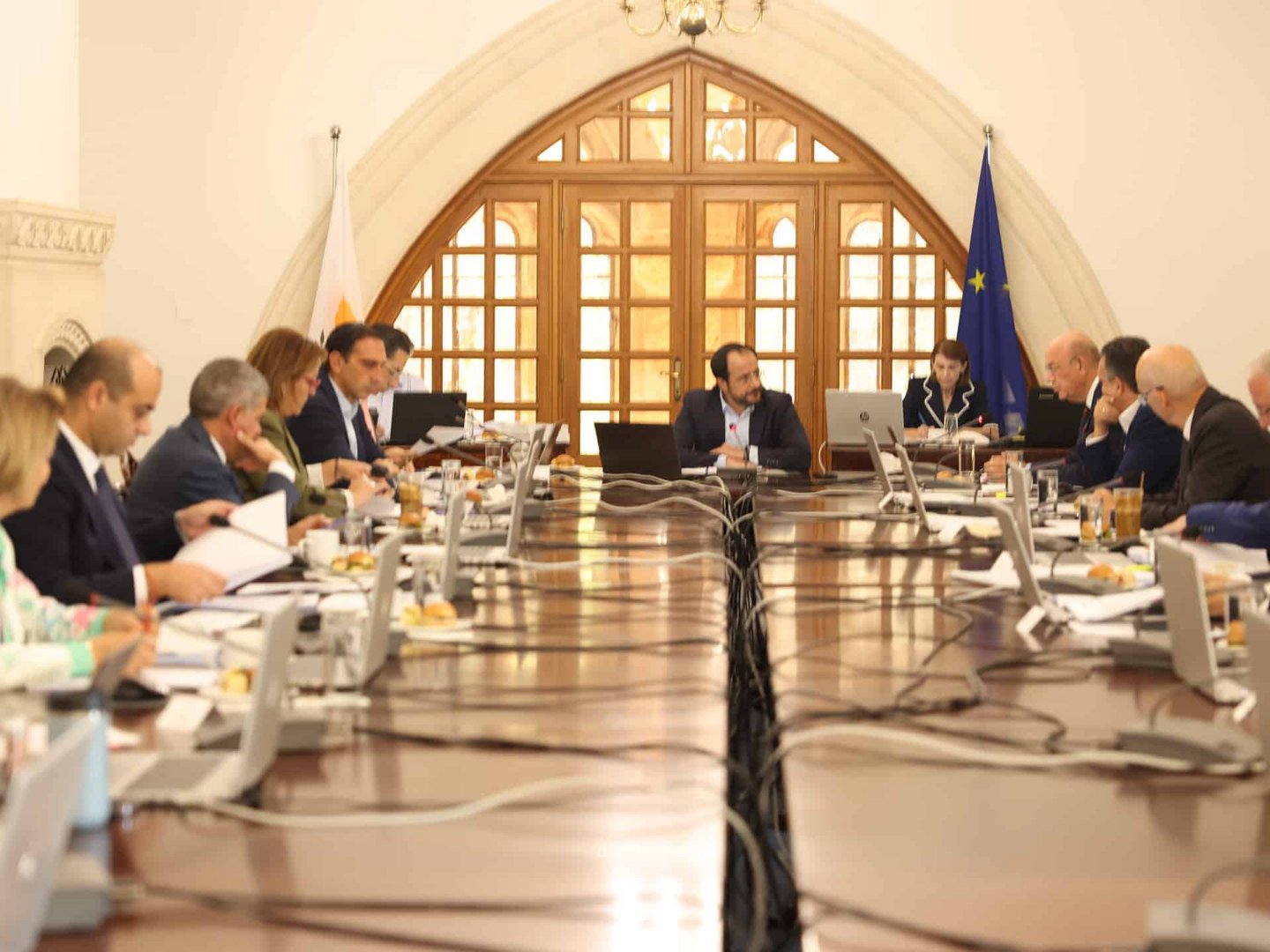Finance minister Makis Keravnos did not spring any surprises with the 2024 state budget which was approved by the council of ministers on Wednesday. It is a cautious budget, with a forecasted surplus of €659m (2.2 per cent of GDP), that will keep the state on the path of reducing the public debt to 60 per cent of GDP by 2026, as per its EU obligations.
In stable economic conditions, the ministry’s plans and forecasts would be considered cautiously prudent, but the economy is going through a difficult period with persistent inflation and high interest rates that could have a negative impact on growth and state revenues. Provisions for a higher surplus may have been wiser in these conditions, but some expenditure could be scaled down.
Keravnos said all the right things, speaking after the cabinet approval of the budget, with regard to keeping the public payroll in check and pursuing the “stabilisation of conditions of sustainable development of the economy”. He also acknowledged that “significant uncertainty marking economic conditions” and the big challenges facing the economy, also mentioning the consequences of sanctions against Russia.
And there was the obligatory reference to the antiquated idea of state-sponsored growth, which is an article of faith for the political parties that support the government and Akel. The budget will have a “strong development character”, said the minister – it would be 12 per cent higher than that of 2023. The development budget is the first thing that is cut by governments if revenue forecasts are not met or there is a need for unbudgeted spending. The Anastasiades government often cut items from the development budget in the course of the year.
Stressing the increased development budget was in line with the government’s populist approach, as was the increase of spending on social benefits from €1.7bn this year to €2bn in 2024, which was a 15 per cent increase. This showed that the budget had a “human-centric” character, said Keravnos, who insists on using this nonsensical adjective to describe his economic policies. People have forgotten that the state budgets of the late President Christofias had a “human-centric” character, which was code for increasing welfare spending.
The 15 per cent increase in spending on social benefits certainly illustrates the government’s human-centric sensitivities, but it does not inspire great confidence in the way it will be managing the economy. Surely, there was no need for this increase when we are heading for a period, during which, according to Keravnos, there would be “significant uncertainty marking economic conditions”. The government could have waited a year to see how economic conditions would develop, before implementing its human-centric welfare spending.






Click here to change your cookie preferences